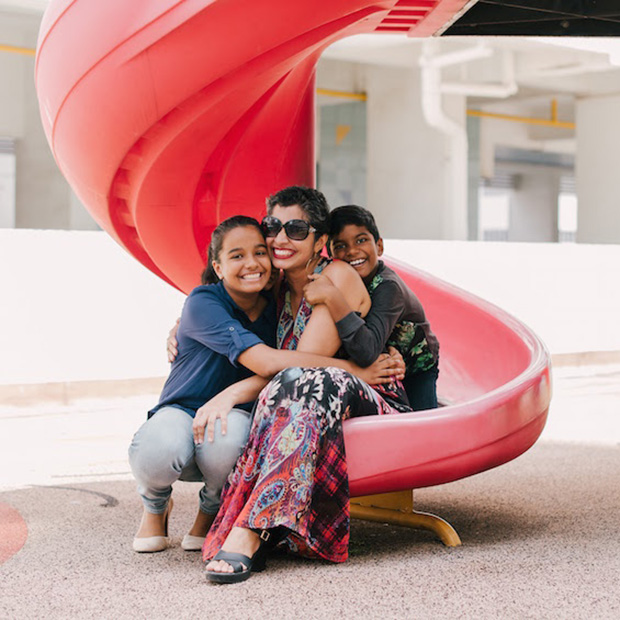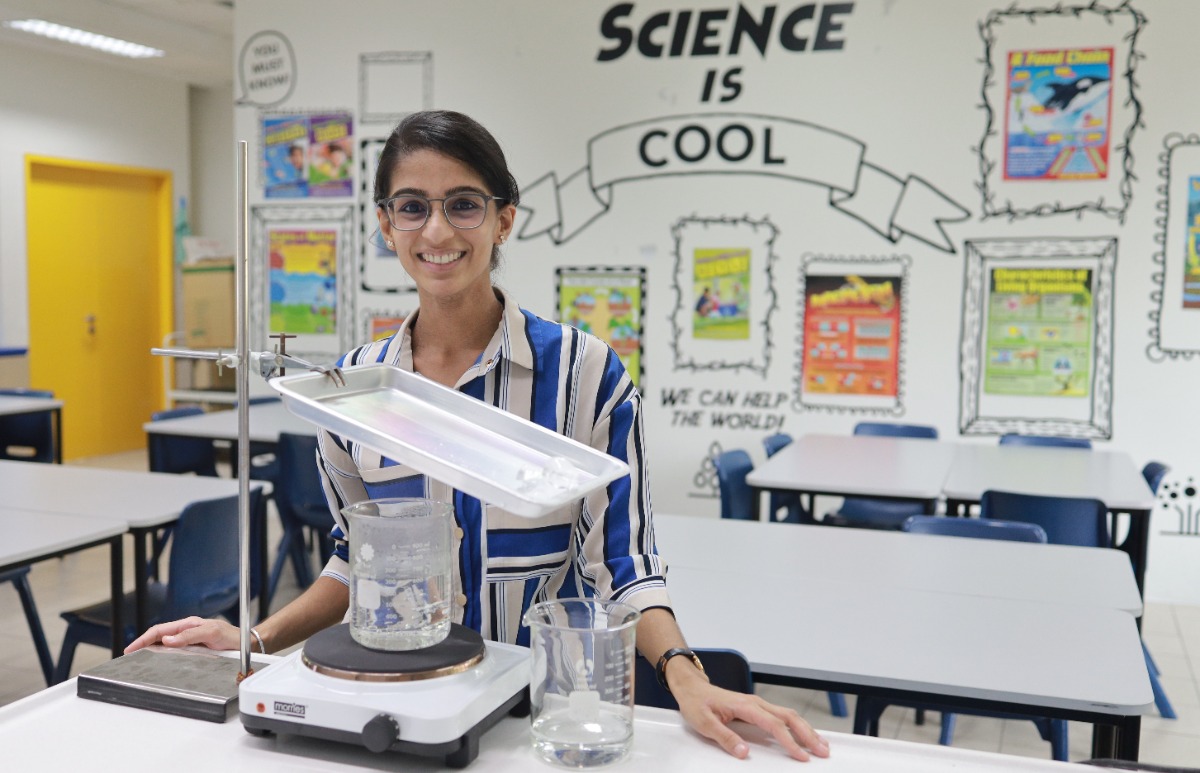Practise good screen time and discipline
By Galvin Sng, dad to 7-year-old Noah
Mr Galvin Sng and his P1 son, Noah Sng.
For many parents, managing our children’s screen time was a problem even before the circuit breaker. But with our children studying at home, it’s more difficult to know if the child is spending time online for lessons or just gaming away.
For our 7-year-old, my wife and I ensure that one of us is around when he has his screen time, so he is not left to his own devices.
If he wants to watch YouTube, we choose what videos he gets to see. We don’t allow him to install any games either, so the only games he gets to play are the ones on the educational platforms he uses.
We’re concerned about how screen time affects Noah’s functioning. For example, an hour of doing problem-solving on the computer stimulates the mind more than something passive like watching YouTube videos. We also implement regular screen breaks where he does other activities so there’s not too much strain on the eyes.
We work with Noah on a daily schedule so he’s familiar with having a timetable. We involve Noah in discussing the schedule and use it to help him understand that the time he spends on tech means time taken away from something else. For example, extra time on the computer means less time for reading books or playing with his Lego toys, which he enjoys too.
Young children may fuss or whine when it is time to stop playing, but it’s important that we don’t let their behaviour be stuck at that level. So, we’ll explain to him that these are signs that maybe he doesn’t have enough self-discipline at this point of time.
As parents it’s easy to set expectations, but it’s good to keep in mind that younger children may not know what they have to do, so we really have to break tasks down into smaller steps for them. For example, instead of asking them to clean up their room, you can ask them to first pick up all the things from the floor, then put their toys back in place properly. And when they achieve each step, praise the behaviour and build it up along the way. This helps your child understand that these are the behaviours that are important to have.
Similarly, for computer time, it’s about setting boundaries and explaining why we are saying something in simple terms.
Practise staying calm and recognising your feelings
By Sherlin Giri, mum to Samara,14 and Shiraz, 11

Ms Sherlin Giri with her two children Samara,14 and Shiraz, 11. Photo credit: Harriet Koh
As the head of the family, you need to maintain a sense of calm, so it rubs off on the children. Lose that, and the children are not going to get a sense of security at home, and home is where they need to feel safe.
The last month of Home-based Learning was a first for everyone in Singapore. Information was coming in hard and fast, and parents had to keep up with the changes while worrying about their own work and their children’s Home-based Learning. All of these cumulatively can be quite anxiety-inducing, so staying calm became especially important, as it kept me from over-reacting to changes in the arrangements or structure.
When schools closed and everyone (including me) was worrying about lost time and exams, I decided that instead of thinking of whether my children would get ‘A’s, I would help my children take more responsibility for their learning. My method: Involvement from a respectful distance.
This meant, for example, not snapping at my son when I caught him playing video games, but trusting him when he told me not to worry because he’s set aside time later to do his work. Instead of hovering worriedly, I checked in at the end of each day to ensure the work was really done. Staying calm thus allowed me to give my children the freedom to exercise their own responsibility. And to me, that’s one of the best ways to let them learn in the long run.
It’s humanly impossible to stay calm all the time, but having the awareness of when we are stressed and anxious allows us to not place unrealistic expectations on ourselves. By practising to be calm, when we do struggle to handle something, we know how to take a step back to resolve it.
Moving forward, there will undoubtedly be more changes to adjust to, but staying calm in the middle of the storm until it subsides will rub off on our children. They are watching how we react to situations and learning from that. My hope is that when my children face adversity, which they will eventually, they will be able to deal with it and not be too hard on themselves or on others. And when or if things explode, they’ll be able to pull themselves together.
Practise gratitude
By Mei Liew, mum to Dylan, 13, Damien, 11, Daryl, 8, and Dyleen, 20 mths
.jpeg)
Ms Mei Liew with her husband Steven and four kids. Dylan (13), Damien (11), Daryl (8) and Dyleen (20mth).
The recent circuit breaker period has been challenging but I have gotten through by being grateful for the little gems in everyday life.
Rather than thinking of the problems, we focused on the good. For example, my husband and I got to spend more quality time with our children because we were working from home. We got the kids involved at meal times. They either helped to cook or chose what food to order, so the whole family could be responsible for our meal.
We expressed gratitude more openly to our loved ones. We usually keep it in our hearts, but with all the bad news during this period, we spoke up more so we could spread good vibes and joy.
We watched the news as a family so my children get to see that there are people in other countries who don’t even have a shelter to go to, and that our government has been doing a lot for all of us.
Now that schools have reopened, I’ve been reminding my children how they should be grateful that they are healthy enough to back to school, and that their friends have also been healthy enough to join them. I tell them, that’s one very good reason for you to take care of yourselves and to look out for one another, so you can all continue to enjoy school together.
When they tell me about the new safety measures put in place, I tell them to count their blessings because while they’ve been at home on holiday, their teachers have been preparing all of this. It doesn’t take much to show your gratitude, just a simple card with some grateful words will do, because your sincerity is more meaningful.







